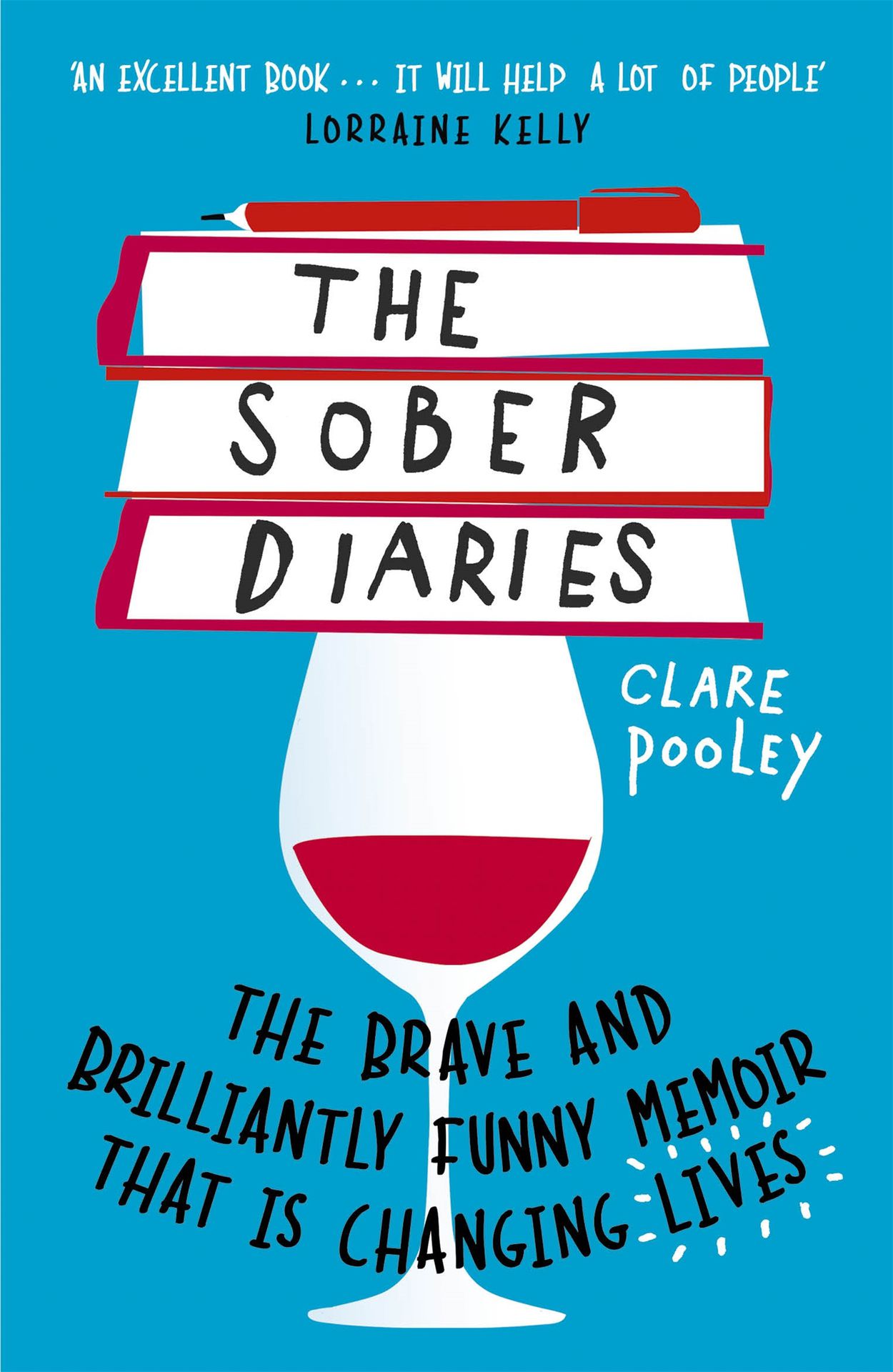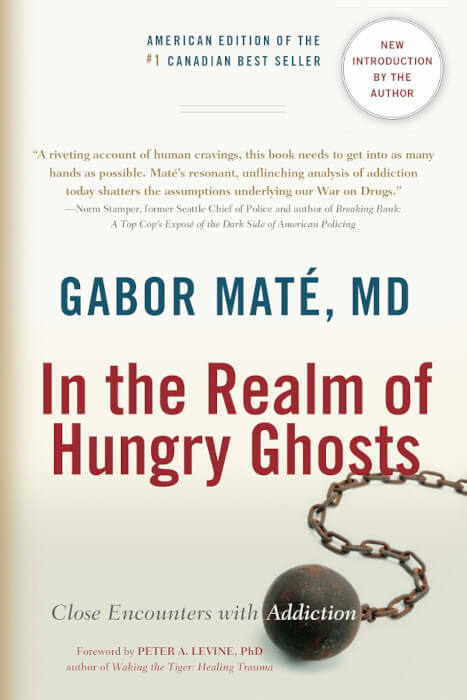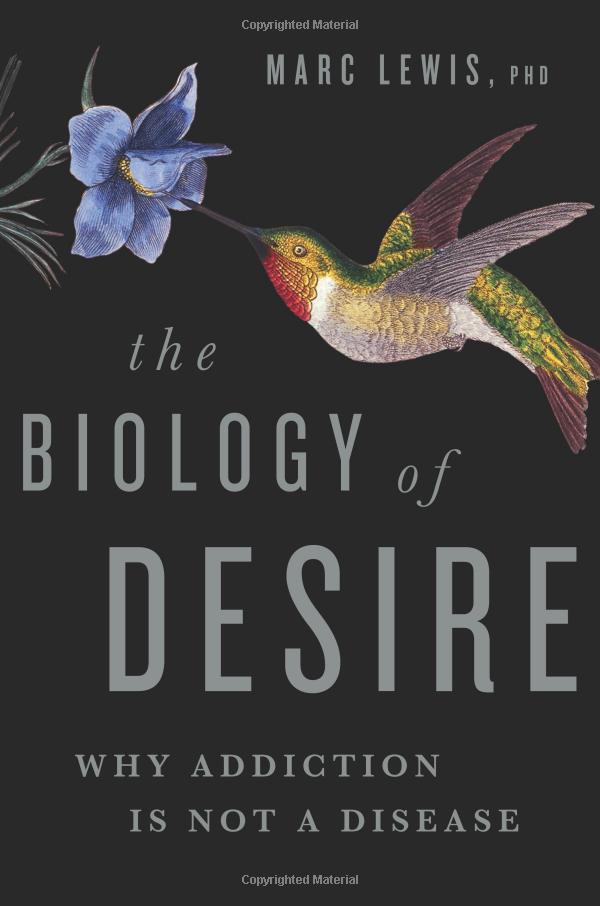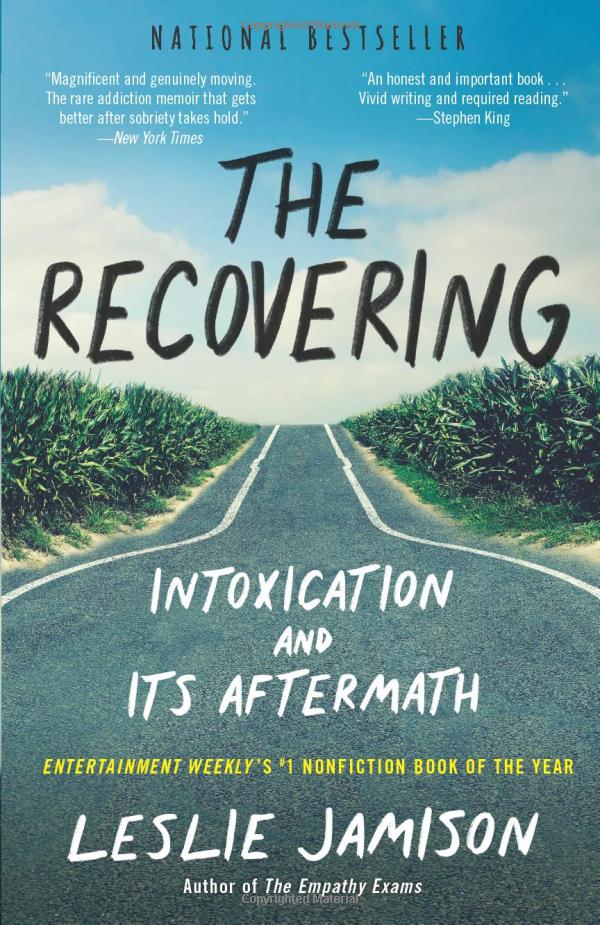Does someone you know spend a lot of time obtaining, using or thinking about alcohol? Do they not know when to stop and keep drinking until drunk? Do they hide bottles of alcohol because they fear others may take it away? These are just a few signs which indicate that alcohol use has escalated into alcohol use disorder. A person who has crossed over to exhibiting alcohol use issues may also show the following behaviours:
- Has withdrawal symptoms when the effect of alcohol wears off
- Takes a morning-after drink to feel better (to stop withdrawals)
- Argues about alcohol usage and offers defensive justification
- Builds up reserve alcohol supplies (to prevent running out)
- Drinks on the covertly, when nobody can see them
- Neglects duties, chores, responsibilities
- Accidents (on-road, in-home, anywhere)
- Reckless behaviour (squanders money, risky sex, etc)
- Avoided by friends, relatives, (replaced with drinking friends)
- Poor concentration and diminished decision-making skills
Alcohol abuse leads to frequent absenteeism from work, financial and legal problems, marital problems and interpersonal problems. It causes a slovenly or haggard appearance, trembling hands and dull eyes. Someone caught in the grips of alcohol carries on using alcohol in excess, despite these mounting problems.
Long-term alcohol addiction will result in serious health consequences such as brain damage, heart damage, liver cirrhosis and cancer.
Any individual exposed to long term alcohol use is at risk of becoming an alcoholic. Detoxification from extended alcohol abuse may even require medical supervision to alleviate the withdrawal symptoms and limit the risks of seizure.
Helping individuals with their alcohol addiction long-term requires a specialised approach as the risks of later relapse are still very high.
Recovery Direct are experts in dealing with long-term alcohol addiction issues.
Call Recovery Direct if you suspect your alcohol usage has become detrimental to your health or if someone you know is suffering and speak to one of our experienced counsellors. You may also want to take the test am I an alcoholic? or read about the link between alcoholism and depression and what it is to be an adult child of alcoholic parents. See the complete guide to understanding alcohol use disorders here and learn how you can get help here.
Once a person has made the decision to seek help for a substance use disorder or behavioural problem and has successfully completed an inpatient or residential programme, the real work of recovery begins. Recovery isn’t easy and requires dedication but it is possible with the right support in place.
If you are suffering from an alcohol addiction, seeking professional help can help you regain control of your life and achieve long-term recovery. It is critical to find a qualified and experienced professional who understands the complexities of alcoholism and can assist you in navigating the challenges that come with it.
Alcohol use disorder is very often a complex issue that can have serious consequences for your physical, mental, and emotional health, as well as your relationships and overall quality of life. Seeking assistance from a professional who has worked with people who have alcohol use disorders can provide you with the support and guidance you need to overcome addiction.
Therapy, medication, support groups and other forms of care can all be used to treat alcohol related issues. Working with a professional who understands the unique challenges of alcohol and can tailor treatment to your specific needs can improve your chances of success significantly.
Remember that seeking help is a brave step towards a healthier and happier version of yourself. Anyone can overcome alcohol addiction and achieve long-term recovery it all has to do with making the descision to start recovery with the right support and care.












